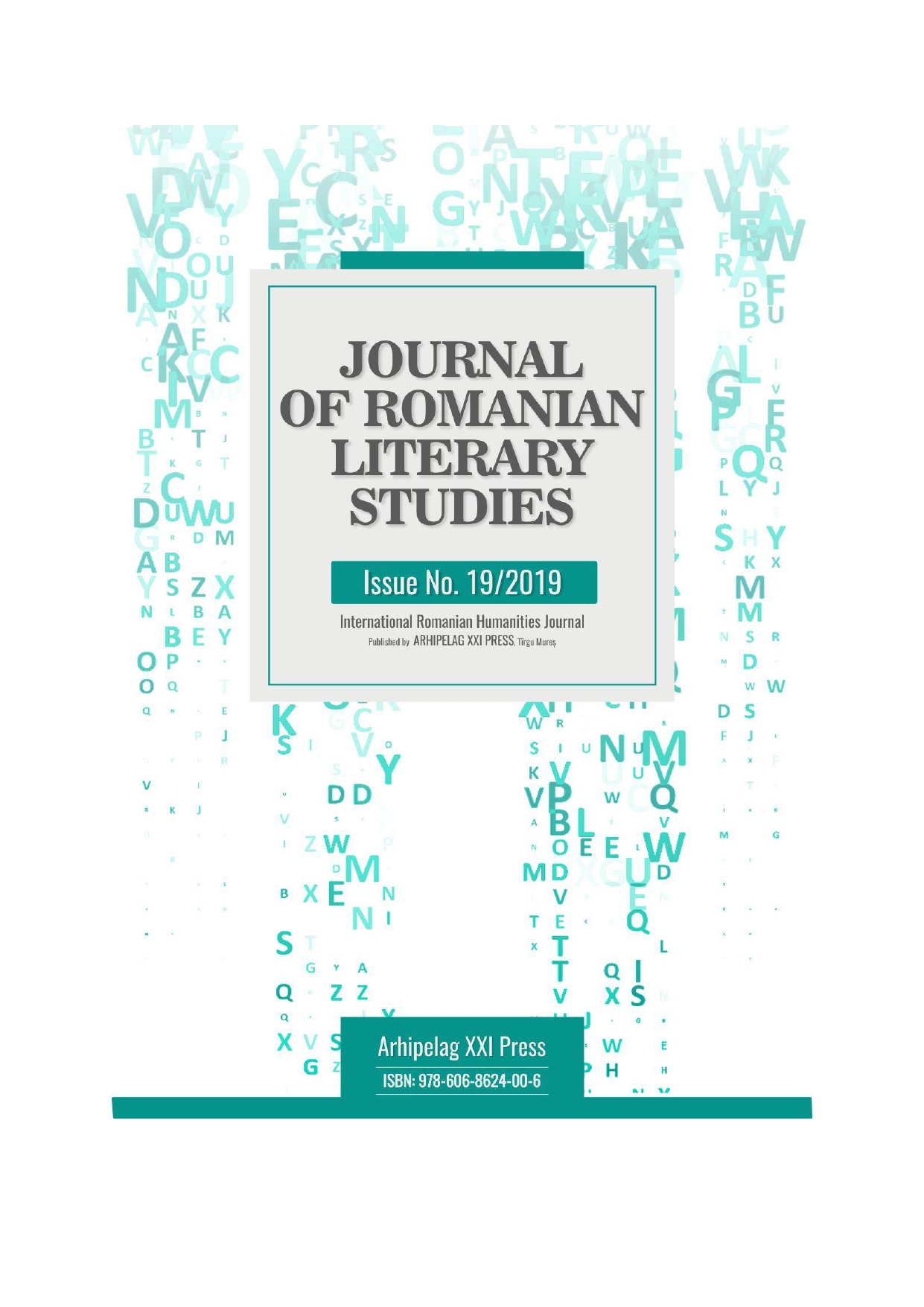DREAM THEORIES IN THE DIALOGUES OF GREGORY THE GREAT AND THEIR RECEPTION IN THE ANGLO-SAXON WORLD
DREAM THEORIES IN THE DIALOGUES OF GREGORY THE GREAT AND THEIR RECEPTION IN THE ANGLO-SAXON WORLD
Author(s): Rebeca DogaruSubject(s): Literary Texts, History of Philosophy, History of Religion
Published by: Editura Arhipelag XXI
Keywords: dream theory; medievalism; Anglo-Saxon literature; apocalyptic literature; hagiography;
Summary/Abstract: A work of tremendous influence since throughout and beyond the Middle Ages, translated in over fourteen languages before the 15th century alone and an essential book to virtually any library, Gregory the Great's Dialogues is an apocalyptic and hagiographical writing, a piece of biblical exegesis and philosophical theology, and a didactic work that offers models of spiritual life. One of the aspects treated in the book is the issue of oneiric experiences, a theme of great popularity among theologians, physicians, writers and readers alike. This study discusses Gregory the Great's dream theories – a typology of dreams, as well as theorizations of their formation mechanism and origins, all sustained by his concrete examples extracted from biblical texts or from the lives of various saints and consecrated religious - and their reception within the perimeter of Anglo-Saxon culture in particular, with the translation of his works initiated by King Alfred and popularized by Wærferth.
Journal: Journal of Romanian Literary Studies
- Issue Year: 2019
- Issue No: 19
- Page Range: 1271-1277
- Page Count: 7
- Language: Romanian

